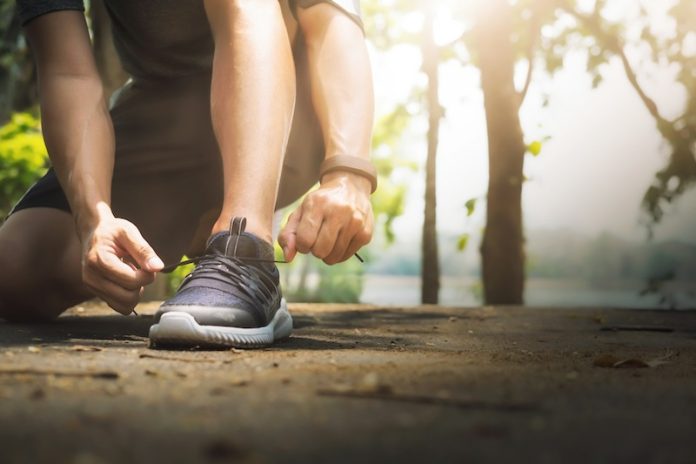
Exercise is often recommended for managing high blood pressure, also known as hypertension. It can help improve heart health and lower blood pressure levels. However, not all exercises are safe for people with hypertension.
Some activities may temporarily raise blood pressure to risky levels, which can be harmful if your blood pressure is already high. Knowing which exercises to avoid or modify can help you stay active safely.
What is High Blood Pressure?
High blood pressure happens when the force of blood pushing against the walls of your arteries is too high. Over time, this can damage your arteries and lead to serious health problems like heart disease and stroke.
Exercise strengthens your heart, helping it pump blood more efficiently, which can lower blood pressure. However, certain exercises can cause your blood pressure to spike temporarily, making them risky for people with hypertension.
Exercises to Avoid or Modify
Heavy Weight Lifting
Lifting heavy weights can cause a sharp increase in blood pressure because of the intense effort and breath-holding involved. For people with high blood pressure, it’s safer to use lighter weights with more repetitions. Make sure to breathe evenly throughout the exercise to avoid straining.
High-Intensity Interval Training (HIIT)
HIIT involves short bursts of very intense exercise followed by rest. While it can improve fitness, the high intensity can cause sudden spikes in blood pressure. If you have uncontrolled hypertension, it’s better to stick with moderate-intensity activities like brisk walking or steady cycling.
Isometric Exercises
Exercises where you hold a position, like planks or wall sits, can also cause blood pressure to rise quickly. These activities may be risky for people with hypertension, so it’s best to limit the duration of such exercises or avoid them entirely.
Racquet Sports
Games like tennis and squash involve quick bursts of effort, which can lead to sudden changes in blood pressure. If you enjoy these sports, consider playing doubles instead of singles to reduce the intensity.
Sprinting or Speed Running
Short, high-speed runs can cause significant blood pressure spikes. Jogging or running at a comfortable, steady pace is a better option. It’s important to monitor how your body feels and avoid pushing yourself too hard.
Recommended Exercises
The American Heart Association recommends moderate-intensity aerobic exercises for managing hypertension. These include activities like walking, cycling, swimming, or light jogging.
These exercises help improve heart health without causing dangerous increases in blood pressure. Aim for at least 150 minutes of moderate exercise per week, and increase your duration and intensity gradually.
Talk to Your Doctor First
If you have high blood pressure, it’s important to consult your healthcare provider before starting or changing your exercise routine. Your doctor can help create a fitness plan tailored to your specific health needs.
They will consider your current fitness level, any medications you are taking, and other health conditions you may have.
Staying Safe While Exercising
- Focus on consistency and moderate-intensity activities.
- Avoid holding your breath during exercise, as this can raise blood pressure.
- Start slowly and build up your endurance over time.
- Monitor how your body responds to exercise and stop if you feel lightheaded or unwell.
The Bottom Line
Exercise is an effective way to manage high blood pressure, but it’s essential to choose activities that are safe for your condition. Avoiding or modifying high-intensity exercises can help you stay active without putting your health at risk.
Consistent, moderate exercise, combined with regular medical check-ups, can improve your heart health and help control your blood pressure over time.
If you care about high blood pressure, please read studies that early time-restricted eating could help improve blood pressure, and coconut sugar could help reduce blood pressure and artery stiffness.
For more information about blood pressure, please see recent studies about added sugar in your diet linked to higher blood pressure, and results showing plant-based foods could benefit people with high blood pressure.
Copyright © 2024 Knowridge Science Report. All rights reserved.



